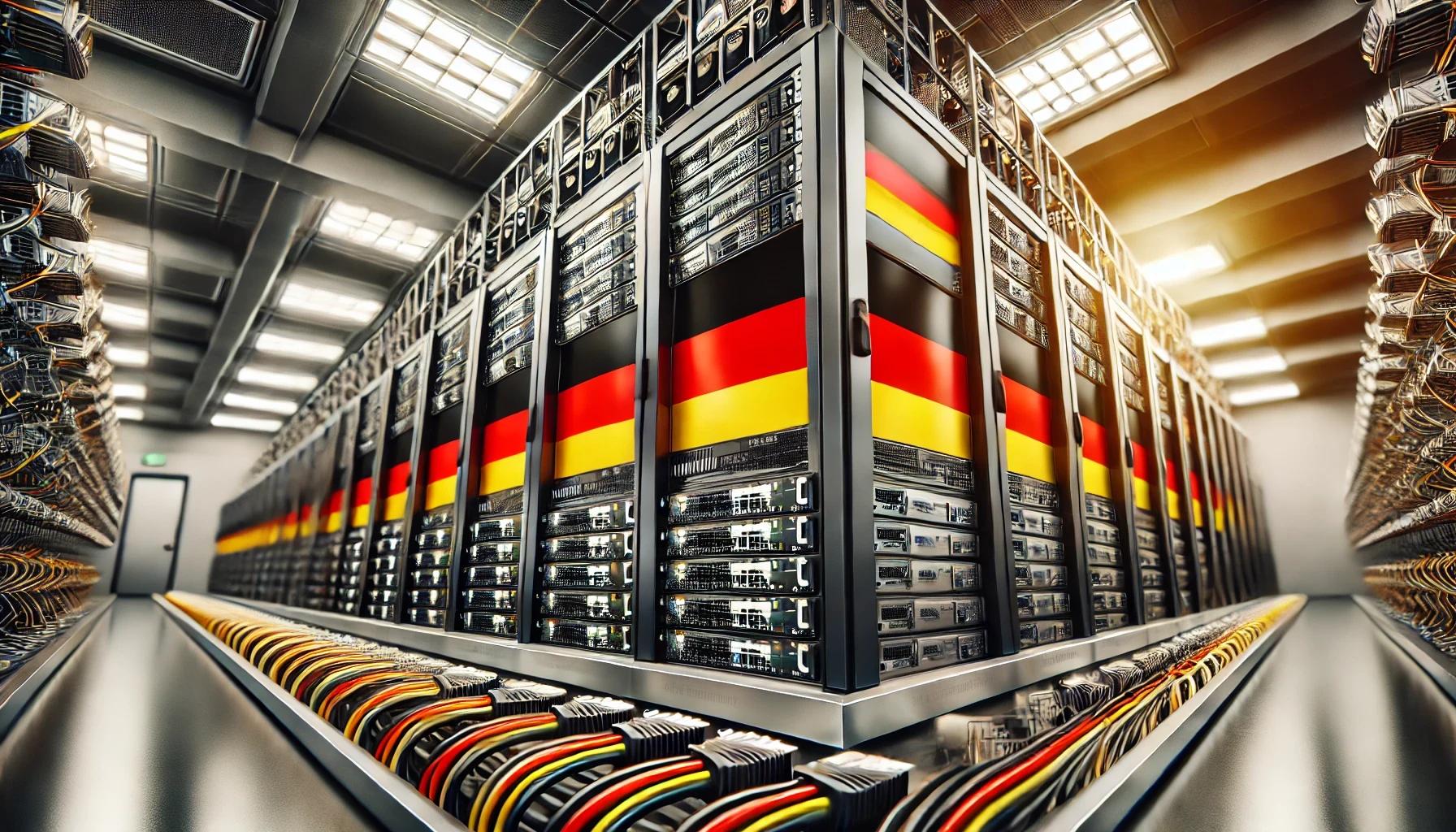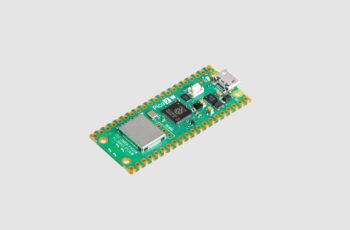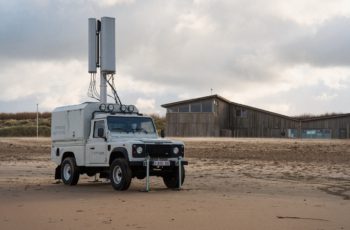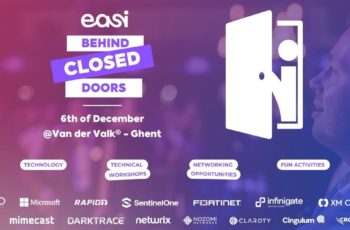As a European player, Lancom wants to compete with the established (American) values of the network industry. Anyone who values their digital sovereignty should buy network devices “engineered in Europe”.
Like many IT industries, the networking industry is mainly dominated by providers from the USA and Asia. Names like HPE Aruba and Cisco are likely to ring a bell immediately, while European parties like Lancom Systems enjoy lower brand recognition. The company urgently wants to change that.
We talk to Michael Müller, VP Wired & Wireless LAN Lancom Systemsabout the company’s international ambitions. Lancom is big in its home country of Germany and is now conquering the European market without denying its origins. On the contrary: Müller is convinced of this German thoroughness can be a selling point. “We want to support digital sovereignty in Europe.”
Mandatory gaps
Networking devices manufactured in the USA or Asia come with a warning label that many companies are not aware of because the vendors do not advertise it. Müller clarifies: “American suppliers are required by the government to install backdoors in their network equipment. This can also be assumed with Chinese devices. There are no such laws in Europe.”
Müller is not the only one who claims this. We even heard Cisco admit in black and white that it is impossible to provide sovereign services. Any network and communications service provider headquartered in the United States is bound by U.S. laws that require them to keep the network open to the government.
It is therefore better to look critically at promises about “local” services from the same parties, warns Müller. “Other providers sell you a local cloud, but the backup servers are often not in Europe. For example, you still have to upload your data to servers that are beyond the reach and protection of European legislation.”
American suppliers are required by the government to build backdoors into their network equipment. You can also assume this with Chinese providers.
Michael Müller, VP Wired & Wireless LAN Lancom Systems
European in design
Lancom wants to reassure its customers that they can have peace of mind. The network portfolio is one hundred percent developed in Europe. Müller explains: “Lancom is a mechanical engineering company that still produces its own products. In addition, the majority of production takes place in Germany. Our cloud from which we manage the managed network services is also located entirely in Europe and is therefore fully GDPR compliant.”
Lancom does not take digital sovereignty lightly. The network specialist sees this as an aspect that allows him to stand out from the dominant non-European network players. With the help of Lancom, companies can complete a “digital sovereignty test”.
Lancom recently conducted a study in collaboration with the Deutsche Zeitung Handelsblatt and there the demand for more digital sovereignty became clear. In practice, however, major steps still need to be taken in this regard. A trend that Müller is observing across Europe and will only intensify now that NIS2 is around the corner.
“Safety has always been an important criterion in Germany. Its importance is now increasing throughout Europe. It is becoming increasingly difficult for European companies to protect their digital identity. Companies realize that not everyone is their friend,” says Müller.
There are several paths to digital sovereignty. Given the critical role the network plays in security, Lancom believes having 100% European components is a good starting point.
Licensing issues
A major obstacle on the way to digital sovereignty, which the study also painfully reveals, is (too) great dependence on one supplier. Being stuck in an ecosystem can be a hindrance if you as a customer want to gain more control over the infrastructure.
“Some of our competitors allow licenses for products to expire after three years or sooner. License renewal costs almost as much as the original purchase. There are also products that are managed exclusively locally, so that a later transition to cloud management is not possible,” explains Müller.
“You won’t want that at Lancom,” he assures. “With us you don’t have to expand anything or change any hardware. All products are designed for use in both the cloud and on-premises. In this way, we offer our customers complete flexibility in where and how they want to install and manage the network. A license is only required if they decide to move to cloud management.”
“With the recent expansion of the portfolio to include core switches, we are gradually becoming the only European player with a “one-stop shop” for network solutions. “We see that SMEs in particular are daring to break away from traditional players and look for European alternatives,” says Müller. Lancom is also now fully preparing for the WiFi 7 era.
The right moment
For Müller, it is now time for Lancom to strengthen its international presence. “We see interesting dynamics in the market. Replacing established values is of course a major challenge. Not only towards end customers, but also towards partners.”
“We later entered the Switch market. They must be able to persuade partners to replace their regular suppliers with a party with which they may have less experience. But we see that there is a willingness to try out alternatives. Digital sovereignty is becoming the central selling point. “That’s why we are convinced that we are stepping up our activities at the right time,” Müller sounds combative.
The ambitions are international, but Lancom’s heart and soul remain in Germany. That is the strength of the company, Müller concluded. “Everything we do is in Germany. If a customer has a problem, we can respond immediately. But it’s not like we’re striving to become the biggest player. Our main focus continues to be on the further development of a complete portfolio for medium-sized companies.”
This is an editorial contribution in collaboration with Lancom Systems. Seek Here more to find out more about their offers.























